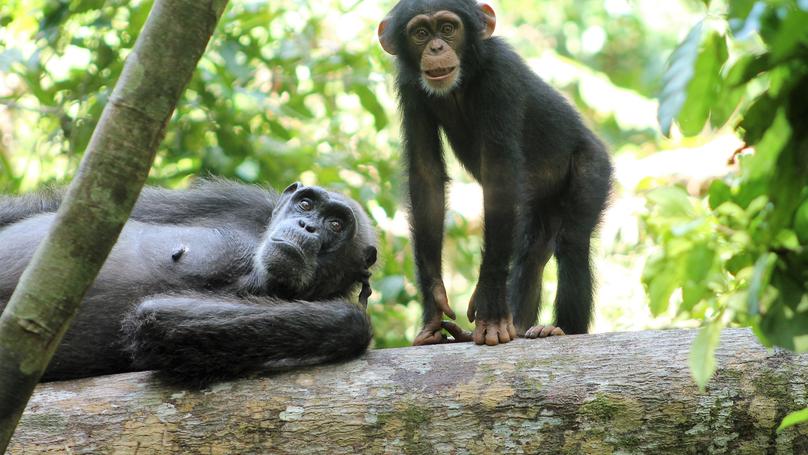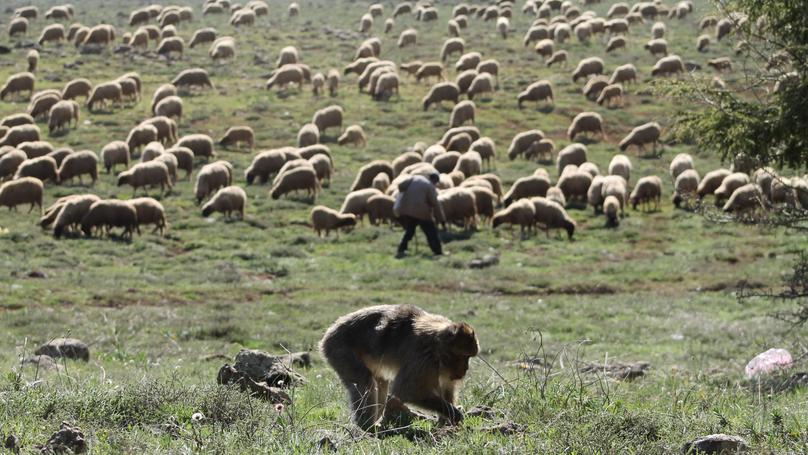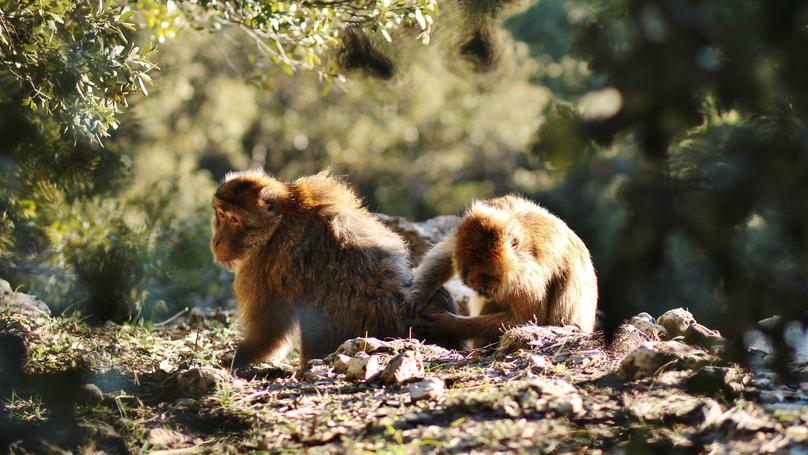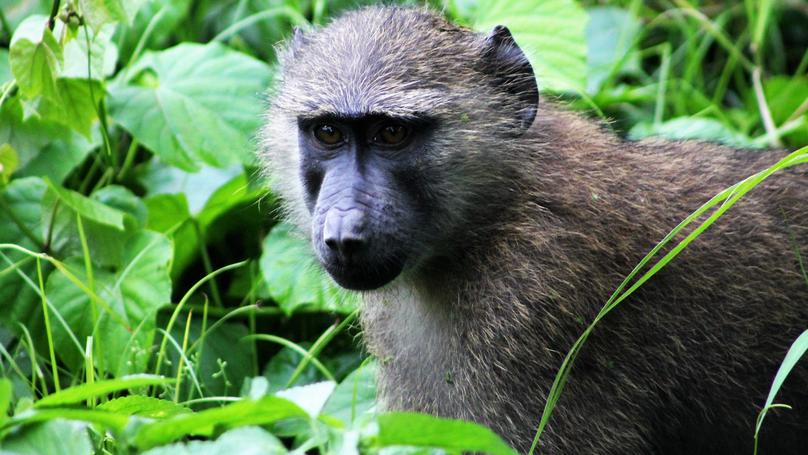Biography
I’m a behavioural ecologist, and occasional comparative psychologist, aiming to understand how different individuals manage their social lives and the impact these choices have on social structures. My work focuses on wild, non-human primates as model species to address these questions. Most primate species are under threat due to anthropogenic activity. Therefore, I hope to ascertain how group-living may mediate or exaggerate human-related threats to individual fitness, as well as population persistence and survival.
Prior to a career in academia, I worked as an ecological consultant on coastal conservation projects, and before that as a medical writer.
Outside of work, I’m a long-suffering Pompey fan, comic book enthusiast, and hobbyist photographer and illustrator.
Download my CV.
- Behavioural syndromes
- Behavioural endocrinology
- Ecophysiology
- Developmental plasticity
- Maternal effects
- Wildlife in the Anthropocene

How do socioecological settings during development predict physiological and behavioural phenotypes later in life? My more recent work has taken a ontogenetic approach to understanding social behaviour. Primates are long-lived species with protracted developmental phases and prolonged dependencies on mothers for care and nutrition, therefore, I’m particularly interested in the evolution of maternal care and its role in shaping social phenotypes.

The current geological epoch, the Anthropocene, is characterised by widespread human-derived alterations of wildlife socioecology. The rate of these changes may now be exceeding many species’ rate of adaptation, leading to evolutionary mismatches between genotypes evolved in a pre-Anthropocene era. I want to understand how this impacts individuals and populations, and the limitations of developmental and behavioural plasticity in coping with a rapidly changing world.

